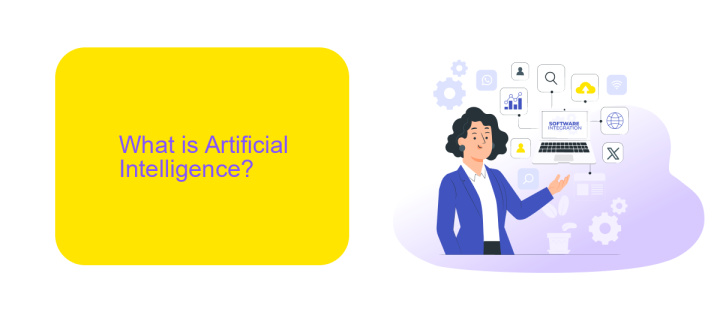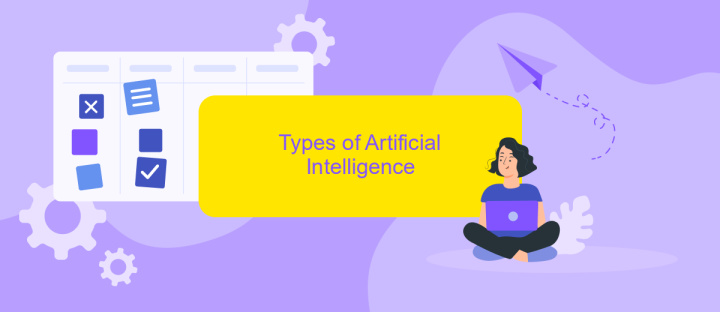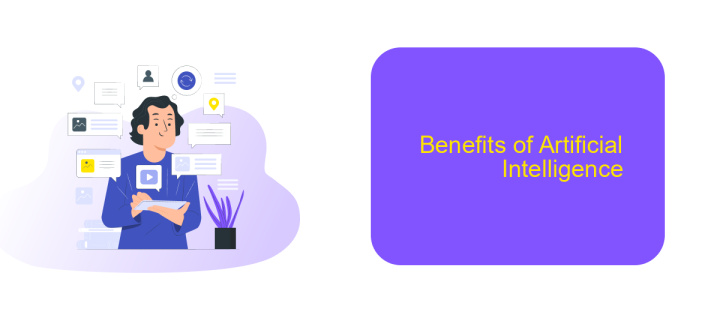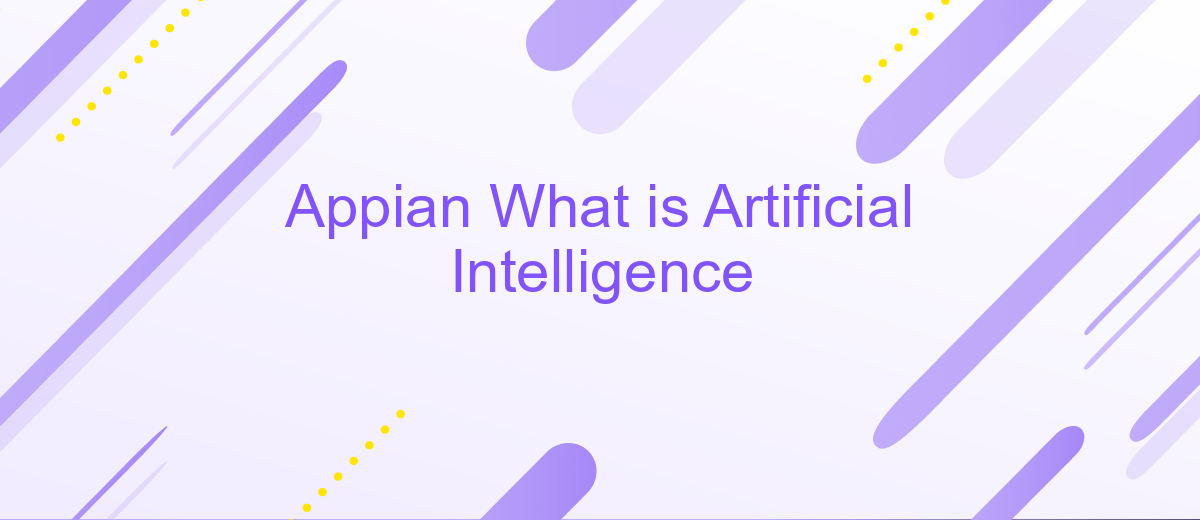Appian What is Artificial Intelligence
Artificial Intelligence (AI) is revolutionizing the way we interact with technology and make decisions. From automating mundane tasks to providing deep insights through data analysis, AI encompasses a wide range of technologies that mimic human intelligence. This article delves into the fundamentals of AI, exploring its various applications, benefits, and the transformative impact it has on industries worldwide.
Introduction
Artificial intelligence (AI) has become a pivotal technology in the modern world, transforming industries and redefining the way we interact with machines. AI encompasses a wide range of technologies and applications, from machine learning and natural language processing to robotics and computer vision.
- Machine Learning: Algorithms that enable computers to learn from data and improve over time.
- Natural Language Processing: The ability of machines to understand and respond to human language.
- Robotics: The design and use of robots for various tasks.
- Computer Vision: The capability of machines to interpret and analyze visual information.
Understanding AI is crucial for leveraging its potential in various sectors, including healthcare, finance, and manufacturing. For seamless integration of AI technologies, tools like ApiX-Drive can be invaluable. ApiX-Drive simplifies the process of connecting different applications and automating workflows, ensuring that AI systems work harmoniously with existing software and services.
What is Artificial Intelligence?

Artificial Intelligence (AI) refers to the simulation of human intelligence processes by machines, especially computer systems. These processes include learning, reasoning, and self-correction. AI applications can be found in various fields such as natural language processing, speech recognition, and machine vision. The goal of AI is to create systems that can function intelligently and independently, performing tasks that typically require human intelligence.
AI systems are powered by algorithms and large sets of data. They are capable of analyzing patterns, making decisions, and even predicting future outcomes. Integrating AI into business processes can significantly enhance efficiency and accuracy. For instance, services like ApiX-Drive facilitate seamless integration of AI tools with various applications, allowing businesses to automate workflows and data exchanges effortlessly. This integration enables organizations to leverage AI capabilities without extensive technical expertise, thereby optimizing operations and driving innovation.
Types of Artificial Intelligence

Artificial Intelligence (AI) can be categorized into various types based on their capabilities and functionalities. Understanding these types helps in grasping the scope and limitations of AI applications.
- Narrow AI: Also known as Weak AI, this type is designed to perform a narrow task, such as facial recognition or internet searches. It operates under a limited set of constraints and is not capable of generalizing its knowledge beyond its specific domain.
- General AI: Also referred to as Strong AI, General AI possesses the ability to understand, learn, and apply knowledge across a wide range of tasks, much like a human being. This type of AI is still theoretical and has not yet been realized.
- Superintelligent AI: This is a hypothetical form of AI that surpasses human intelligence in all aspects, including creativity, problem-solving, and emotional intelligence. It remains a subject of speculation and ethical debate.
Each type of AI has its unique applications and challenges. For instance, Narrow AI is widely used in modern technologies, including integration services like ApiX-Drive, which facilitates seamless data transfer and automation between different software systems. As AI continues to evolve, understanding these types will be crucial for leveraging its full potential.
Benefits of Artificial Intelligence

Artificial Intelligence (AI) offers a multitude of benefits that are transforming industries and enhancing everyday life. By automating repetitive tasks, AI allows humans to focus on more complex and creative activities, leading to increased productivity and innovation.
Moreover, AI improves decision-making processes by analyzing vast amounts of data and providing insights that would be impossible for humans to achieve alone. This leads to more informed and effective strategies in various fields, from healthcare to finance.
- Enhanced efficiency and automation
- Improved decision-making through data analysis
- Personalized customer experiences
- Advanced problem-solving capabilities
- Streamlined integration of services with platforms like ApiX-Drive
AI also enables the seamless integration of various services and applications, simplifying workflows and increasing overall efficiency. For instance, platforms like ApiX-Drive facilitate the automation of data transfer between different systems, making it easier for businesses to manage their operations. As AI continues to evolve, its benefits will only become more pronounced, driving further advancements and opportunities across all sectors.
Challenges of Artificial Intelligence
Artificial Intelligence (AI) presents numerous challenges that organizations must navigate to fully leverage its potential. One of the primary challenges is data quality and availability. AI systems require vast amounts of high-quality data to function effectively, but obtaining and maintaining such data can be difficult. Additionally, ensuring data privacy and security is crucial, as AI systems often process sensitive information. Another significant challenge is the integration of AI into existing systems and workflows, which can be complex and resource-intensive.
Furthermore, the lack of skilled professionals in the AI field poses a considerable hurdle. Developing and implementing AI solutions requires expertise that is currently in high demand but short supply. Ethical considerations also play a critical role, as AI systems can inadvertently perpetuate biases present in the training data. Addressing these biases and ensuring fair and transparent AI decision-making is essential. Services like ApiX-Drive can aid in overcoming some of these challenges by simplifying the integration process and ensuring seamless data flow between AI systems and other business applications.


FAQ
What is Artificial Intelligence (AI)?
How is AI used in business?
What are the benefits of integrating AI into existing systems?
How can businesses implement AI solutions?
What are the challenges of implementing AI?
Routine tasks take a lot of time from employees? Do they burn out, do not have enough working day for the main duties and important things? Do you understand that the only way out of this situation in modern realities is automation? Try Apix-Drive for free and make sure that the online connector in 5 minutes of setting up integration will remove a significant part of the routine from your life and free up time for you and your employees.

